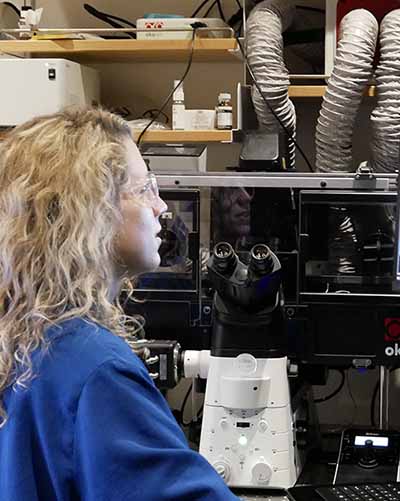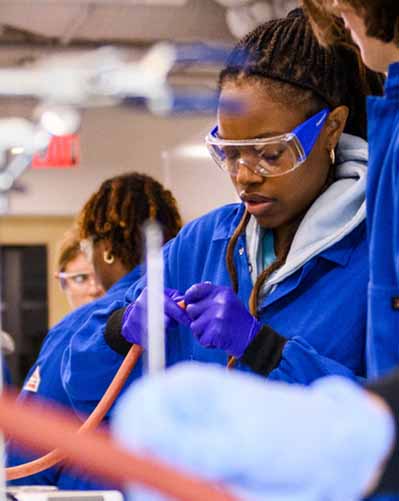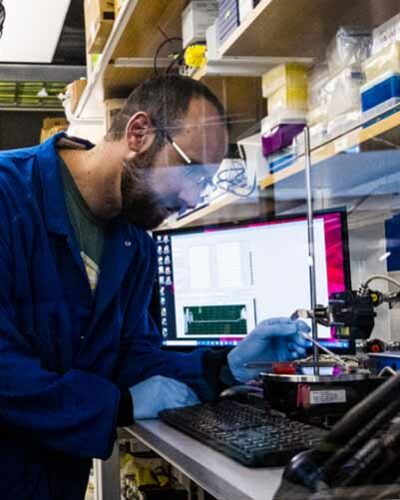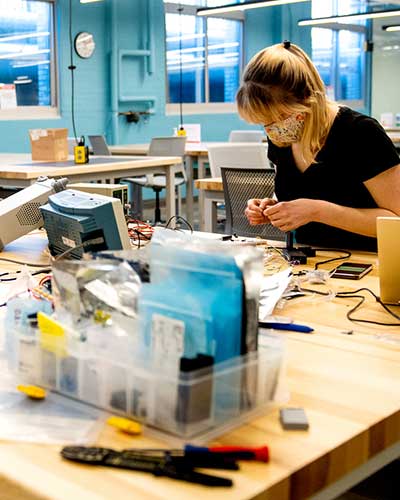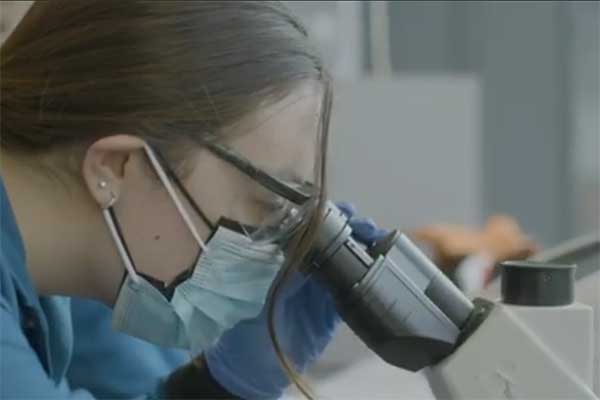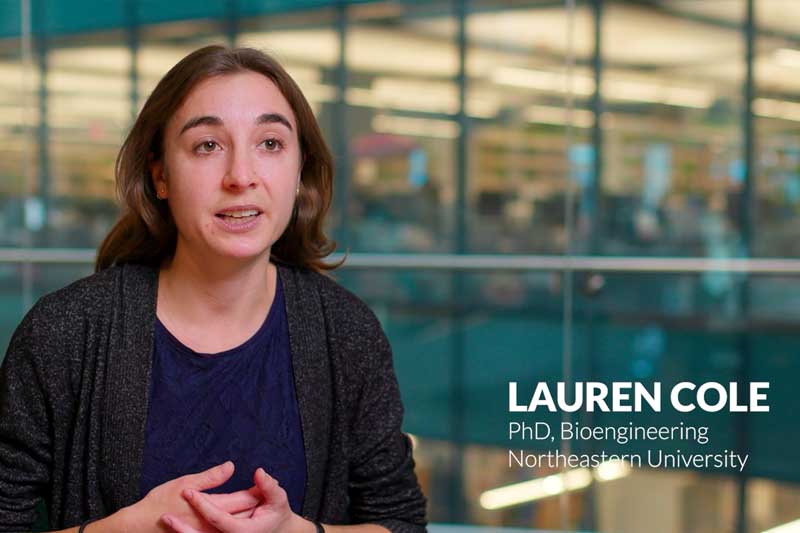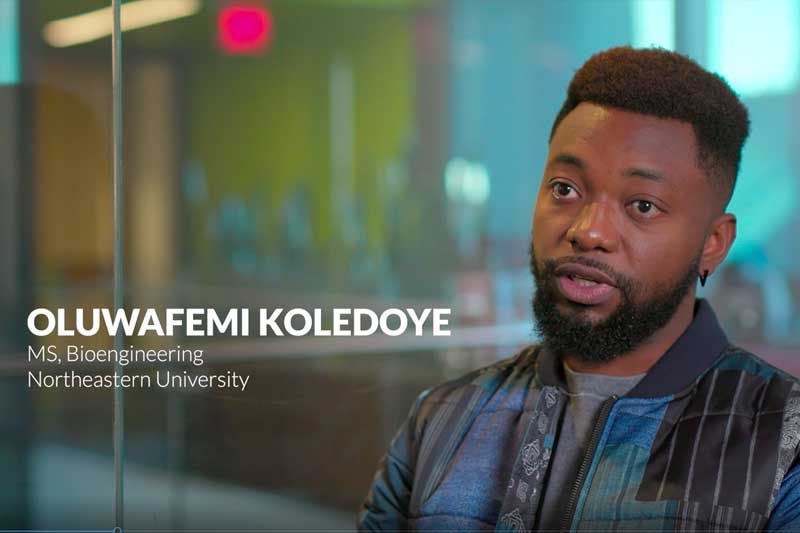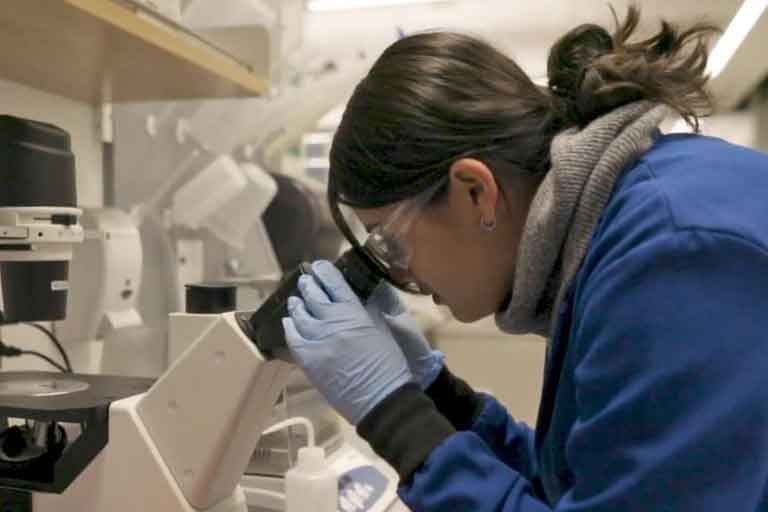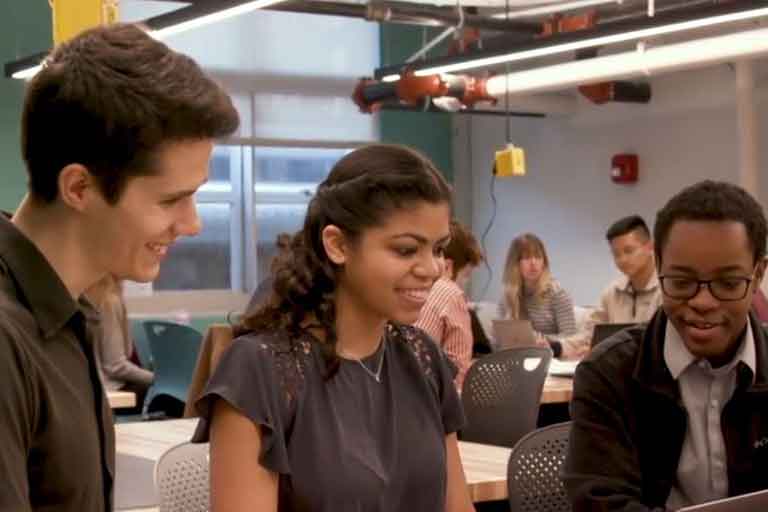Spotlight Stories


Presidential Early Career Award for Scientists and Engineers
ChE/BioE Associate Professor Eno Ebong and BioE Associate Professor Ambika Bajpayee were awarded the Presidential Early Career Award for Scientists and Engineers (PECASE), the highest honor bestowed by the federal government to outstanding early career scientists.
Engineering In Action
Recent News
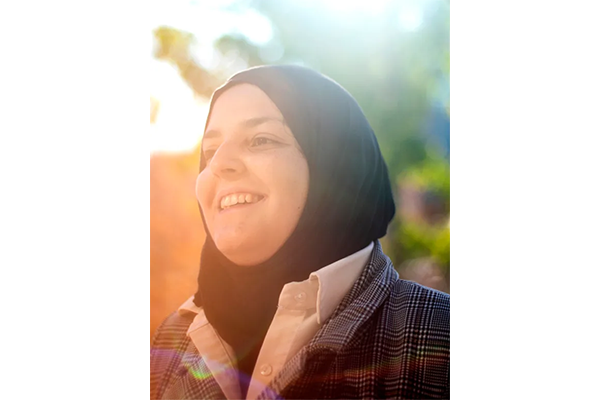
Minkara Wins 2026 Sloan Fellowship for Pulmonary Protein Research
Assistant Professor Mona Minkara, bioengineering, was given the 2026 Alfred P. Sloan Fellowship for her research at Northeastern. She is studying a protein called collectins within the pulmonary surfactant, hoping to model its functions to enhance innate immunity from the lungs.
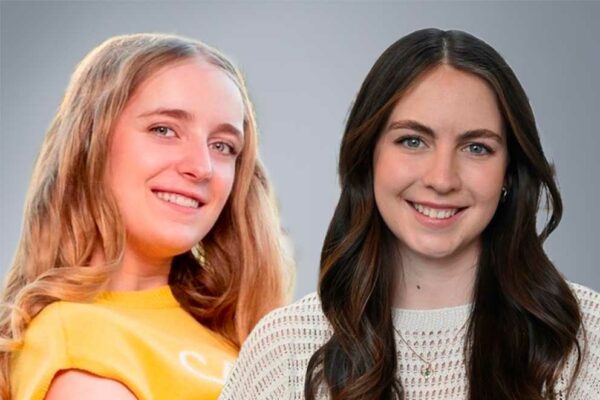
2026 Goldwater Scholarship Nominees
Megan Farrington, E’27, electrical engineering and physics, and Maren Ritterbuck, E’27, bioengineering and biochemistry were nominated for the 2026 Barry Goldwater Scholarship—a highly competitive, merit-based award for outstanding students in mathematics, the natural sciences, and engineering who are interested in pursuing careers in research.
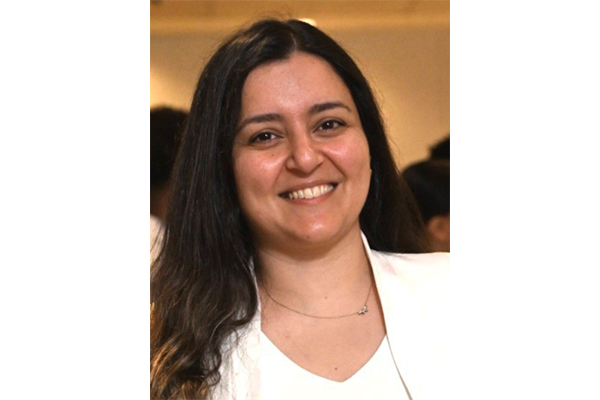
Curiosity and Learning Lead to Positive Impact
Fereshteh Sadeghian, PhD’26, bioengineering, is currently a graduate research assistant at the Cram Lab at Northeastern. With her passion for learning and a desire to improve healthcare research, Sadeghian will continue to apply her knowledge and experience to find innovations in the medical field.
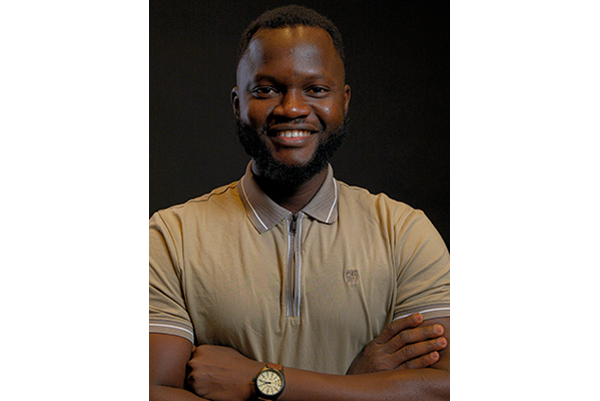
Deep Dive into the Success of Emmanual Amoako
Emmanual Amoako, MS’25, bioengineering, has recently defended his master’s thesis and graduated from Northeastern University. With a passion for service and extensive laboratory research, Amoako will help usher in a new age for accessible medical instruments.
